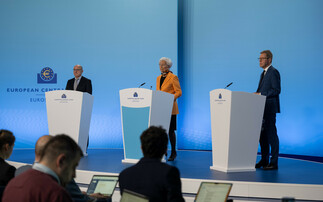Market commentators have cautioned the outlook for the UK economy could decline if Prime Minister Theresa May fails to secure a trade deal with the European Union (EU) while the consumer could also come under further pressure, as the country embarks on two years of divorce negotiations with the bloc.
On 29 March, May wrote an official letter triggering Article 50, which EU officials will respond to over the next month with negotiating guidelines. Until now, the UK economy has weathered the storm of Brexit uncertainty better than expected, with GDP growing at 2% in 2016, but the significant falls in sterling that followed the vote have translated into higher inflation, which reached 2.3% in February. If the pound falls further and inflation keeps rising, consumer spending growth could come under pressure, with recent analysis by PwC predicting annual growth could slow from 3% last ...
To continue reading this article...
Join Investment Week for free
- Unlimited access to real-time news, analysis and opinion from the investment industry, including the Sustainable Hub covering fund news from the ESG space
- Get ahead of regulatory and technological changes affecting fund management
- Important and breaking news stories selected by the editors delivered straight to your inbox each day
- Weekly members-only newsletter with exclusive opinion pieces from leading industry experts
- Be the first to hear about our extensive events schedule and awards programmes









